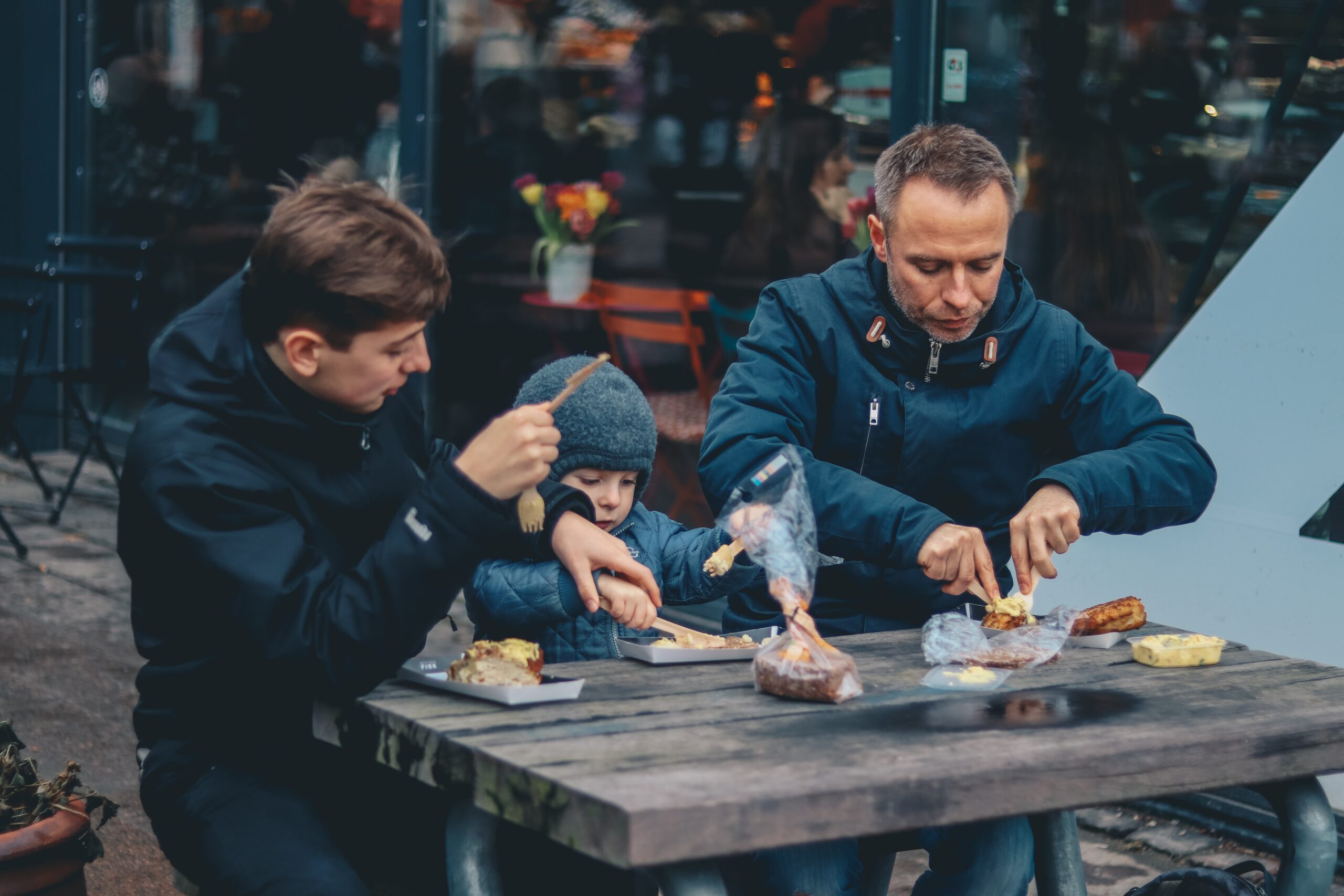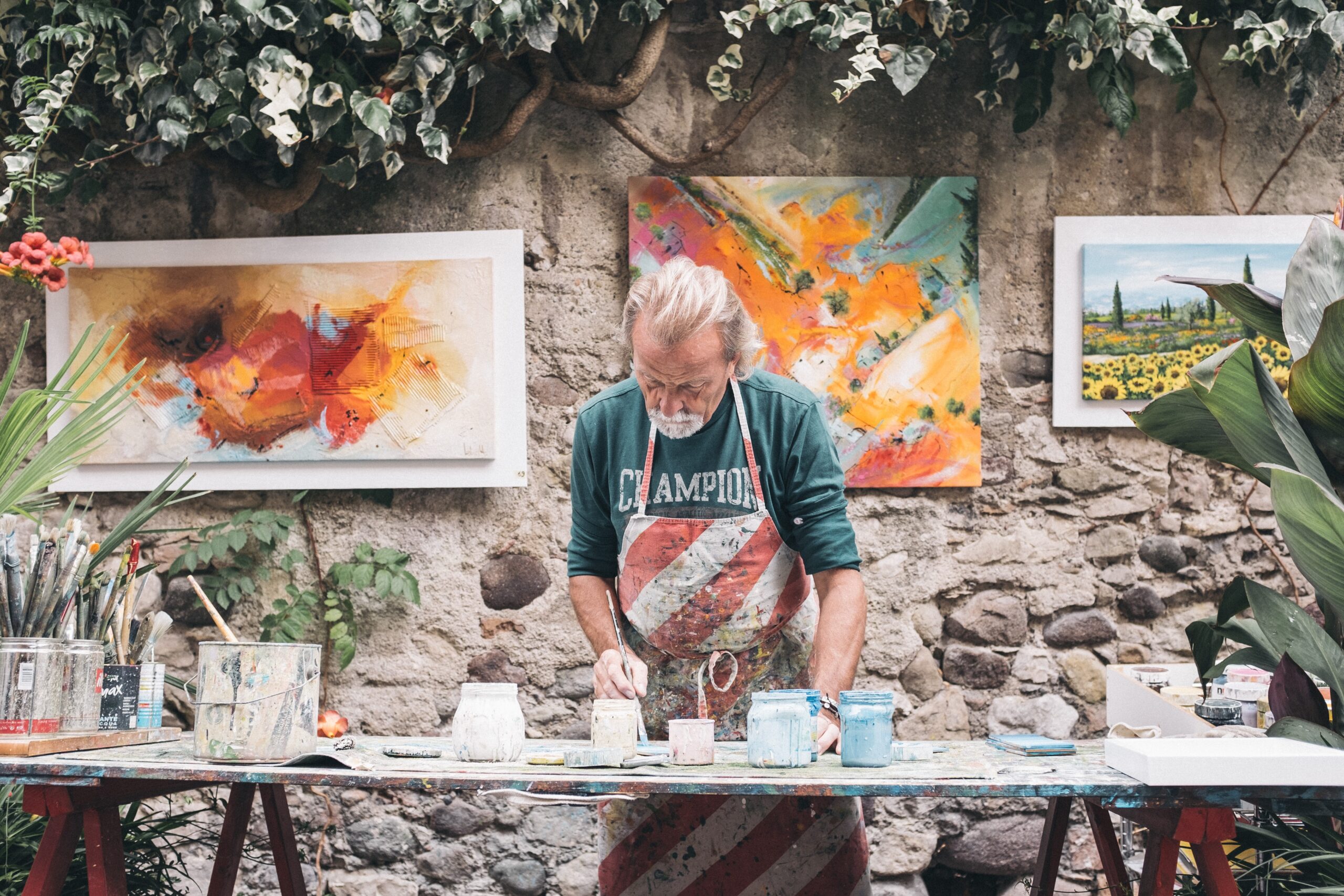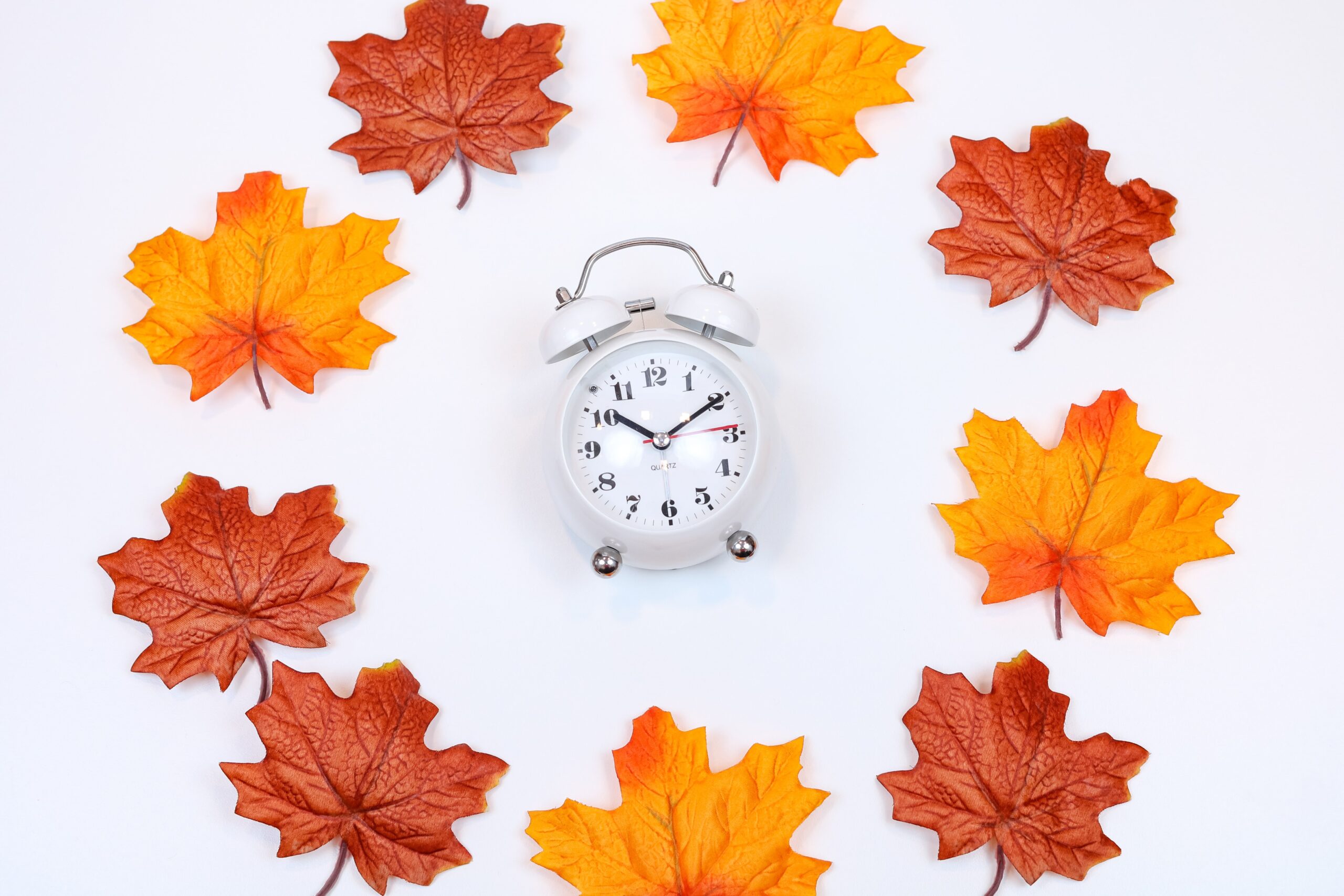Slow Knowing Deep Learning
for Health-Justice
Lesson 4: Healthism
Live zoom session https://us02web.zoom.us/j/86419703983
Meeting ID: 864 1970 3983 Passcode: 113544
Activity One
What Is Healthism?
Robert Crawford defined healthism as “the preoccupation with personal health as a primary—often the primary—focus for the definition and achievement of well-being; a goal which is to be attained primarily through the modification of life styles.”
If you’re new to the concept, here’s an engaging introduction to ‘what is healthism?’ by Fall Ferguson. While Fall is specifically asking readers to think about healthism in relation to HAES the questions she asks are useful more broadly and invite us to think about privilege too.
(The link to Robert Crawford’s original research are broken in Fall’s blog but active in the blog below.)
Aubrey Gordon has written about healthism in more depth in We Have to Stop Thinking of Being ‘Healthy’ as Being Morally Better. As with Fall, there’s reflective questions at the end.
Activity Two
Health and Moral Obligation
Many healthcare practitioners are troubled by healthism and don’t agree with the dominant idea that we have a moral duty to be healthy. The phrase ‘health is not a moral obligation’ circulates as a counter-narrative.
What’s your opinion on this phrase? Why?
What does the phrase assume about how someone arrives at being healthy?
Is racism linked to health outcomes?
Is tackling racism and other forms of oppression a moral obligation?
(Additional provocation for anyone learning about/through ontology: what ontological framing is used for ‘health’?)

Activity Three
Reframing for Health Justice
It becomes obvious that healthism is bound up with slow violence and neoliberalism.
What can we do? The suggestion for this activity is that you choose a standard leaflet, social media post, website, sample of campaign material or anything similar and try reframing it. (Rosie shared this recording of two RDs talking about weight conversion that captures many common messages. You could use this so we can compare notes, or choose something that is more useful to your work if you like).
Start with an analysis: how does this fail to enact health justice in the assumptions made at a deep level? How do these assumptions show themselves in the theories used, the words and images chosen?
Who gains? Who is harmed?
What story is told? What story and histories are hidden?
Is there anything you would keep?
Once you have a feel for where you think it fails you can try a rewrite. It can be helpful to keep in mind your analysis of the deep roots of the problem when you’re doing this.

Activity Four
Complicating the Story
The Nigerian/American writer Chimamanda Ngozi Adichie warns fo the danger of the single story in this TED talk.
“The single story creates stereotypes. And the problem with stereotypes is not that they are untrue, but that they are incomplete. They make one story become the only story.” –Chimamanda Ngozi Adichie
In a pleasing moment of synchronicity, Liz mentioned this talk in the last zoom!
Her novels are fabulous: Purple Hibiscus (2003), Half of a Yellow Sun (2006), and Americanah (2013).
Activity Five
How Can We Respond? Part 1
How does it feel to engage with healthism like this? 
This activity is a repeat from the previous lesson. The suggestion is that you set aside 5 minutes to figure out your embodied response. In the first instance this might mean writing a list of emotions. Perhaps particular sentences or questions also spring to mind, it can be helpful to note these too.
As well as these responses that you are conscious of having, there will also be unconscious responses. These register in the body as sensations or vague shifts in state.
Getting into the habit of noticing and naming these responses can help us with deep learning, which in turn helps us live congruently. By this I mean we’re more likely to behave, relate, think, and feel in ways that match up with our values.
Activity Six
How Can We Respond Part II
If you’re interested in adding a further dimension to the ‘noticing’ activity you could ask yourself what any new ideas mean for your identity as a professional.
What does it mean for public trust if a profession is healthist? What does it say about the profession’s education, or claim to be experts?
How does this impact our own identity as practitioners/ colleagues/ students/ educators?
If you adopt or advocate any specific approach/es to eating, counselling, coaching etc., does it have any bearing on how you feel about this? Is it relevant to community un/belonging?
What does it mean for who and what you trust as a source of guidance in your professional learning?

Activity Seven
Further Reading
- Journal of Critical Dietetics – special issue on healthisms. Here’s the editorial for an overview . If you’re interested in following up any articles you can access them for free once you have signed up to join the journal.
- Healthism is closely related to nutritionism. Here’s an article on nutritionism and a critique of it – Should we buy Pollan’s nutritional Darwinism?

Activity Eight
Creating a Sense of Spaciousness
There’s no level of acceptance, comfort, or understanding you ‘should’ be at with any of this.
That’s not the same as absolving ourselves of accountability: it’s about removing judgement.
Dropping the ‘should’ and blame frees us to examine our position. We are more able to become aware of any unconscious thoughts or habits that diverge from our values. Non-judgement promotes accountability and enables change.
What’s important is that you can be present with ideas and feelings.
If you can get some downtime (see helpful cat image) or time in the wild that’s great.

See you soon ~ 
